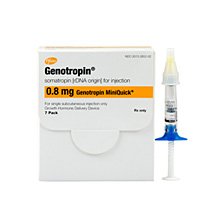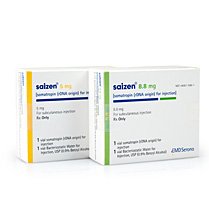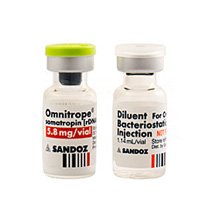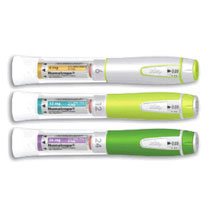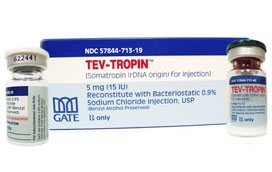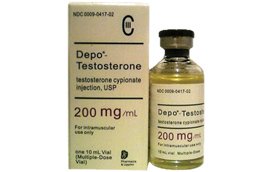Testosterone Therapy and Fertility

Testosterone therapy and fertility go together in ways that many people do not expect. It seems natural to assume that higher levels of testosterone would make a man more fertile, and while that is the case since testosterone plays a role in sperm development, treatment with testosterone replacement therapy could have the opposite effect.
It may also surprise you to know that testosterone levels can affect a woman’s ability to conceive a child. Although her natural testosterone levels are much less than those of a man, this essential hormone reaches its largest monthly surge in the middle of her cycle, right around the time of ovulation and conception.
The more you know about testosterone replacement therapy and fertility, the better able you will be to make a decision that is best for you.
Male Infertility and Testosterone
While testosterone is the hormone that makes a male “a male” it is also important to balance its levels carefully in the body. The biggest issue between testosterone therapy and male fertility is that using TRT can decrease sperm production.
Other hormones are involved in this process:
- The hypothalamus begins by secreting gonadotropin-releasing hormone (GnRH) which goes to the pituitary gland.
- GnRH signals the production of luteinizing hormone (LH) which tells the testes to produce testosterone, and follicle-stimulating hormone (FSH) which triggers a process called spermatogenesis – the creation of sperm cells.
The reason that testosterone replacement therapy affects fertility is that too much testosterone in the bloodstream sends a signal to the hypothalamus to reduce the production of GnRH. With less of a signal reaching the pituitary gland, LH and FSH production also slow down. While a man will have more testosterone to counter the effects of Low T, he will likely have issues with fertility during treatment.
Luckily, testosterone replacement and male fertility issues do not last. Once TRT ends, a man will receive hormones and medications that will restore natural testosterone production and any infertility typically resolves itself naturally.
The biggest issue is to decide when the right time is for testosterone therapy. If the goal at this time is conception, it may be best to put off testosterone replacement for Low T until after conception occurs. If the symptoms of Low T are too severe to wait, then treatment with HCG may help increase testosterone levels and support conception.
Female Infertility and Testosterone
The question of using testosterone treatment for fertility in women often comes up because it is a well-known fact that testosterone increases a woman’s libido, thoughts of fantasy, erotic dreams, and sexual arousal. Without adequate testosterone supplies, a female may discover that her level of vaginal lubrication begins to decline. What’s even more important is that her peak testosterone production is mid cycle – the time of prime conception.
In its role as a red blood cell production stimulator, testosterone also increases pelvic blood circulation, as well as the production of cervical mucous that makes fertility more likely.
Some fertility clinics around the country are using testosterone therapy to increase fertility in women undergoing in vitro fertilization (IVF). Numerous studies are currently underway, and the results are promising.
The way that testosterone therapy affects fertility in women is by making the ovarian cells more sensitive to a substance called FSH – follicle-stimulating hormone – that promotes follicle growth. Testosterone role is to create additional FSH receptors on the ovarian cells.
Before using testosterone therapy for fertility, it is recommended to speak with both a hormone specialist and a fertility doctor to discuss the best options as each person’s situation is different. Here at Greenberg Health, we are happy to answer any questions during a complimentary telephone consultation with one of our HRT specialists.

















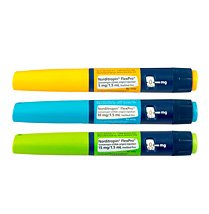
 Norditropin
Norditropin